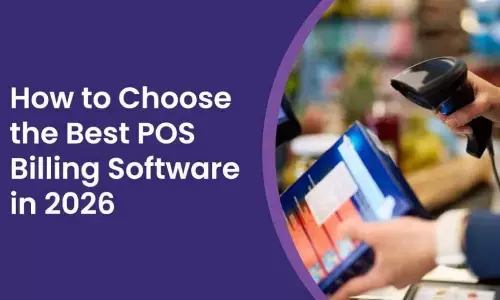Can Blockchain technology ensure safety of clinical trial data?

Using Blockchain technology, researchers, including one of Indian origin, have created a novel system that could help ensure the integrity of data in clinical trials
New York : Using Blockchain technology, researchers, including one of Indian origin, have created a novel system that could help ensure the integrity of data in clinical trials.
The system creates an immutable audit trail that makes it easy to spot any tampering with results, such as making the treatment look more effective or diminishing side effects.
"Everyone is talking about how Blockchain is going to revolutionise many of the data challenges in medicine, and here is one use that finally might make sense," said Atul Butte, Professor at the University of California-San Francisco (UCSF).
"We think it could someday be useful for pharma companies running clinical trials."
The new system operates through a web portal so that each time new data is entered on a given trial participant, the sender, receiver, timestamp, and file attachment containing the data, along with the hash of the previous block of data pertaining to that patient, is recorded onto a new block, with its own distinct signature.
Unlike the decentralised nature of most Blockchain applications, this clinical trial prototype depends on having a regulator with centralised authority, such as the US Food and Drug Administration, to operate the web portal, register all parties, and keep a ledger of the Blockchain's hashes.
Data, including adverse events, would be reported to the regulatory agency in real time, which may provide a boost to the safety and efficiency of clinical trials.
While the prototype makes allowances for data entry or other errors to be corrected, new data can only be appended to the existing chain, without erasing what was there before, the team explained in the paper published in Nature Communications.
A prototype system like this reduces risks but does not completely protect data from tampering.
Even within a system enabled with this type of Blockchain technology, it is still possible that those seeing patients at the point of care could enter wrong or incorrect data at the outset.
But it could enable trials to be conducted under challenging conditions, or open doors to data exchanges that are more secure, more efficient, and more transparent for both researchers and the general public, the researchers said.



















